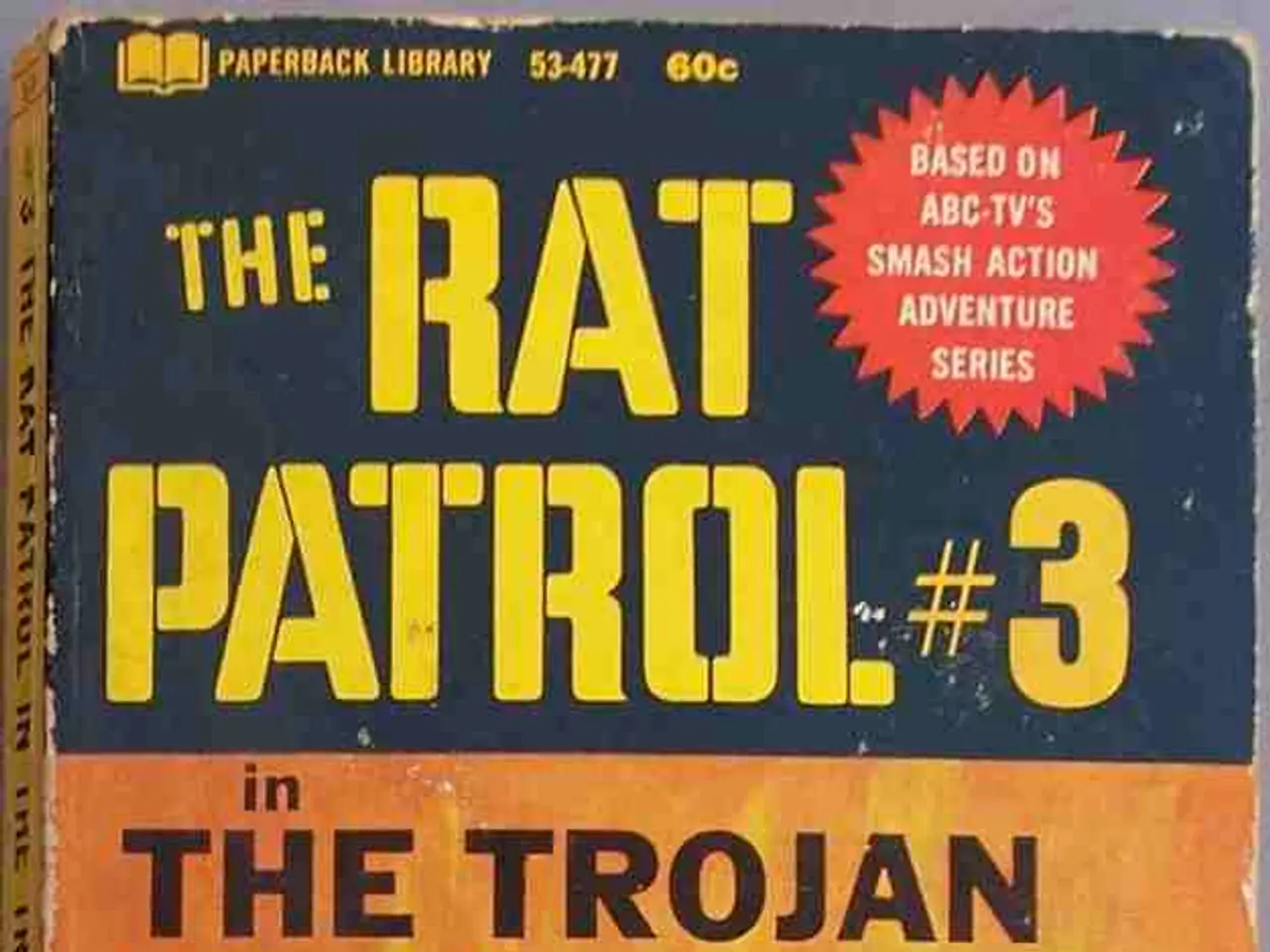Paramilitary forces in Sudan reportedly slaughter 18 civilians, according to a monitoring group.
The conflict between the Sudanese Armed Forces (SAF) and the Rapid Support Forces (RSF) in North Kordofan continues to intensify, with no signs of resolution in sight. Control over North Kordofan, particularly the capital El-Obeid, is strategically critical.
The SAF currently holds El-Obeid after breaking an RSF siege earlier in 2025, but the RSF continues to make efforts to seize it, including through mobilization and airstrikes.
Recent attacks have had a devastating impact on civilians. Since early July 2025, the RSF has been verified to have killed at least 60 civilians in Bara locality of North Kordofan, with some civil society estimates suggesting up to 300 deaths. SAF airstrikes in North and West Kordofan have also resulted in the deaths of dozens of civilians.
Violence in Kordofan has forced massive displacement, with thousands fleeing towns like Kadugli in South Kordofan due to insecurity.
The humanitarian crisis is severe and worsening. Over 30 million Sudanese, including many in Kordofan, need lifesaving aid amid collapsed health services and widespread disease outbreaks like cholera and measles. Humanitarian access is highly constrained by ongoing fighting, insecurity, bureaucratic obstacles, and damaged infrastructure, making aid delivery extremely difficult.
Displaced populations face shortages of food, water, and medical supplies, pushing areas toward full-scale humanitarian catastrophe. Both the SAF and RSF continue to disregard international humanitarian law, with reports of targeted attacks on civilians, displacement camps, markets, and critical infrastructure.
Verifying casualty tolls is difficult in Sudan due to limited media access, many medical facilities being forced out of service, and general instability. Both the army and the paramilitaries have been accused of war crimes during the conflict.
Since the RSF lost control of Khartoum to the SAF in March, they have focused their attacks in the west of the country, including much of the vast Darfur region. The RSF has been using North Kordofan as a base for their operations in the west of the country.
The attack in North Kordofan left 18 civilians dead and numerous others wounded, according to the Emergency Lawyers human rights group. The wounded were transferred to the state capital of El-Obeid for treatment.
The conflict in Sudan has resulted in the deaths of tens of thousands of people and created the world's largest displacement and hunger crises, according to the United Nations. The area has been a major battleground between the army and the paramilitaries for months, with communications lines mostly cut off.
- The World is witnessing intensifying conflict between the Sudanese Armed Forces (SAF) and the Rapid Support Forces (RSF) in North Kordofan, with no signs of resolution, particularly over the strategically critical control of El-Obeid.
- The recent attacks in Kordofan, such as those in Bara locality, have resulted in significant civilian casualties, with the RSF verified to have killed at least 60 civilians and some estimates suggesting up to 300 deaths.
- The violence and ongoing conflict in Kordofan have forced massive displacement, leading to a humanitarian crisis that is severe and worsening, with over 30 million Sudanese, including many in Kordofan, in need of lifesaving aid.
- Displaced populations in Kordofan face shortages of essential supplies like food, water, and medical resources, pushing many areas towards full-scale humanitarian catastrophe.
- The conflict in Sudan, which has resulted in the deaths of tens of thousands of people, has also created the world's largest displacement and hunger crises, as reported by the United Nations, with the area serving as a major battleground for months between the army and the paramilitaries.






